Treating complex trauma requires a comprehensive approach that addresses both the mind and the body. Below are some necessary questions to ask your therapist!
I am aware of the vital necessity, for any therapist treating a survivor of complex trauma, to have enough insight, education, training, experience, empathy and knowledge about complex trauma.
Without these, many complex trauma survivors are harmed further, re-traumatized and this can greatly harm their healing journey. It can lead to suicide. It can lead to the survivor, never seeking help again.
There are many deep and complex layers of trauma, involved in complex trauma. Complex trauma is severe, ongoing interpersonal abuse, where the victim does not have or perceive a viable escape.
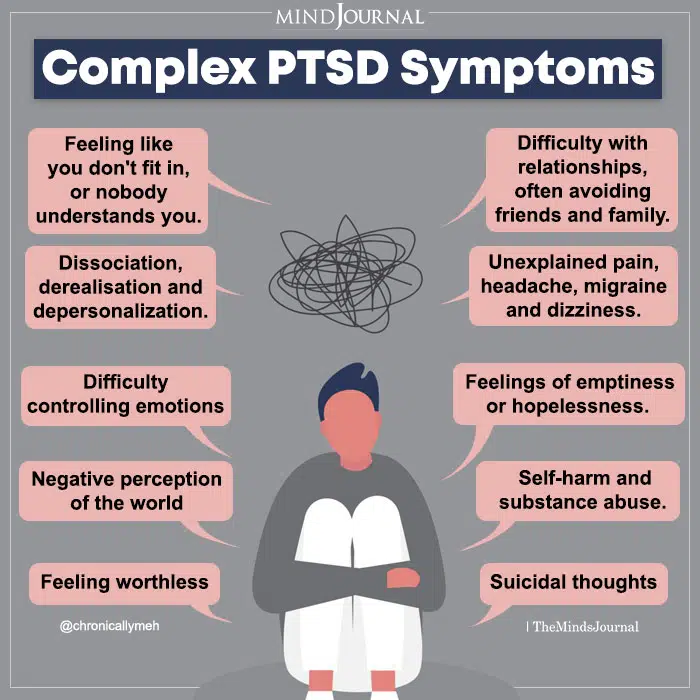
Trust has already been destroyed during the abuse occurring. Often boundaries have been abused and the client’s survival tools will include a lack of trust with anyone. Very understandably.
The therapy relationship may be the only relationship the client has, to talk openly and without fear of judgment, invalidation, minimization of the suffering caused.
Building a relationship with a therapist, will likely be a challenging journey. But, a ‘safe enough’ therapy relationship, will be required.
Safety, for many complex trauma survivors, is a fear-inducing situation. It can take considerable time, years even, to build up enough trust and safety with a client. That is normal.
I advise people seeking therapy, to find out whether the potential therapist, is adequately skilled, to provide the quality of therapy required.
The following, is a list of potential questions I recommend, to discern if the therapist will be suitable.
And remembering the therapist is there to provide a service to you (the client) and they should be receptive to questions. It is needed to know whether any potential therapist is suitable for a complex trauma survivor.
It may feel awkward to questions, but it is our right, to ask. In not asking questions, we have no gauge as to the quality of therapy and that can result in more harm, or being further traumatized.
Read The Healing Power of Telling Your Trauma Story
Treating Complex Trauma In Adults: Questions To Ask Therapists
1. Ask the therapist, what they know about the differences between trauma and complex trauma?
They should have an in-depth knowledge of this subject. They should know trauma can be caused by events such as a one-time sexual assault in adulthood, a car crash, military combat, the unexpected death of a loved one, etc.
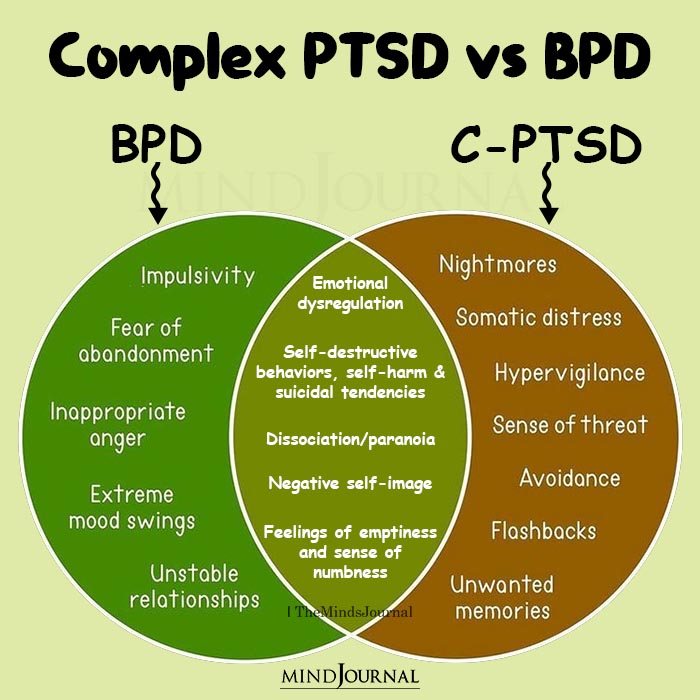
They should also know complex trauma is ongoing interpersonal trauma/abuse, caused by people. It is long term abuse, or multiple abuse/trauma.
It is within a captivity situation, where there are no perceived means of escape. It causes deep, pervasive and complex issues with trust, emotion regulation, sense of identity, emotional flashbacks, inner critic, toxic shame, and social anxiety. To name a few.
The therapist, needs to be very aware of the deeper issues caused by complex trauma, as opposed to other types of trauma.
2. Ask the therapist, how many clients they have treated for complex trauma?
They need to be experienced in providing therapy.
3. Ask the therapist, what training they have received for complex trauma?
They need to be adequately trained within this very complex and new area of psychology and provide details.
4. Ask the therapist, whether they engage in regular supervision?
Any therapist treating clients for trauma, should be receiving regular supervision, by another adequately trained supervisor.
5. Ask the therapist, how they manage the intense emotions that will be occurring, as the client starts to process the deep and painful complex trauma?
They will need to be able to explain situations, where they have managed intense emotions and how.
6. Ask the therapist, what they know about dissociation?
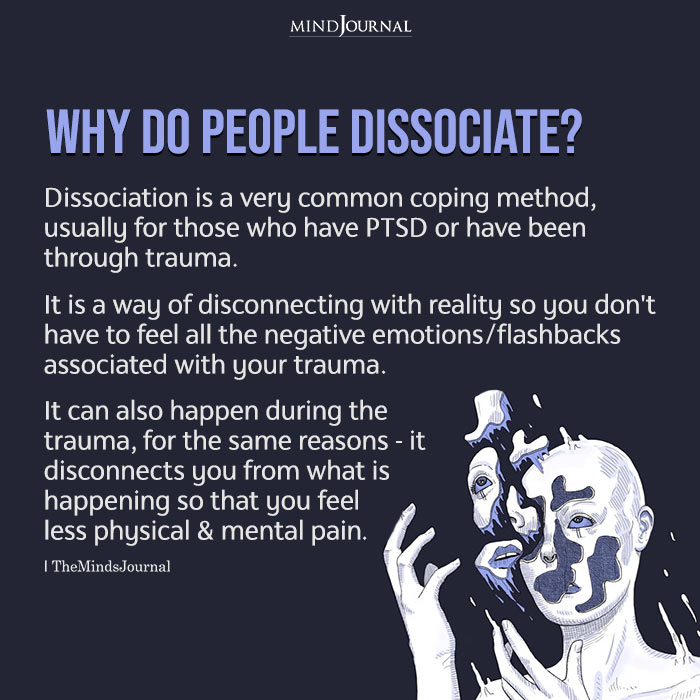
Dissociation is a common issue many complex trauma survivors deal with. Asking this, will gauge how much insight and knowledge they have about complex trauma. And will indicate their capacity to manage this in their clients.
Read What Surviving Complex PTSD Can Help You Learn About Life
7. Ask the therapist, how they deal with a situation where a client requires more specialised treatment than they are able to offer?
This will gauge the level of understanding, that some client’s needs will be beyond their capacity to treat. They should say they will refer the client to a more suitable mental health professional, such as a psychiatrist.
They should explain, they will not just drop a client, or offer no referral or support, during this transition period.
If the therapist appears to believe they can treat all situations and clients, this would be an indicator of someone not to commence therapy with, due to a lack of own insight.
Too many therapists, treat outside of their own capacity and knowledge and this can be very harmful to a complex trauma survivor.
8. Ask the therapist, how often they can offer appointments?
If you feel you need weekly, or twice weekly appointments, you will need to know if this can be provided.
9. Ask the therapist, what will occur, if the therapist is on leave, sick?
A therapist treating a complex trauma client, should have alternative therapy in mind, to cover these situations.
Leaving a complex trauma client without any therapy, for periods of weeks or months, can be very dangerous. There needs to be another therapist available to provide continuity of treatment and in situations of emergency needs.
10. Ask the therapist, what situations they have managed, where significant empathy and insight, were required?
This should gauge the types of situations require adequate empathy, and insight.
11. Ask the therapist, if they consider there is a timespan to healing/recovery from complex trauma?
If they yes there is, and specify e.g. 2 years. Run. Anyone with enough insight about complex trauma will know there is no set time frame to healing.
It can take a few years, but more likely take a lot longer. And in many cases, it will be a lifelong journey. You will need anyone treating complex trauma, to know this.
During the questions, gauge how comfortable the therapist feels about being asked questions. If they are comfortable and the questions are received well and answered well, this is a good sign.
If the therapist does not appear to appreciate questions, struggles to answer them, or seems to not want to answer the questions, this is likely not the therapist needed.
It is also wise to know that any therapist, will need to be a good fit with their client. This does not always occur with the first therapist someone finds. There may be a need to change therapist, and again, that is the clients’ own right and decision.
The client is the person in control of their therapy journey. The therapist is there to help the client in their journey, not dictate how is progresses, or project any beliefs.
More information about complex trauma, Complex Post Traumatic Stress Disorder can be found on my website which is supported by many mental health professionals, in the trauma field.
~ Lilly Hope Lucario
Survivor, Advocate, Empath
Website – Healingfromcomplextraumaandptsd.com
All blogs written by Lilly Hope Lucario and are subject to © Copyright Protected.
All rights reserved. No part of any entry/blog may be reproduced, distributed, or transmitted in any form or by any means, including photocopying, recording, or other electronic or mechanical methods, without the name of the author – Lilly Hope Lucario and a clear link back to my blog – https://healingfromcomplextraumaandptsd.wordpress.com/
This includes adaptations in all forms of media.
Read 5 Powerful Self-Care Tips for Abuse and Trauma Survivors
Make sure to ask these complex trauma therapy questions to navigate the complexities of your healing process.
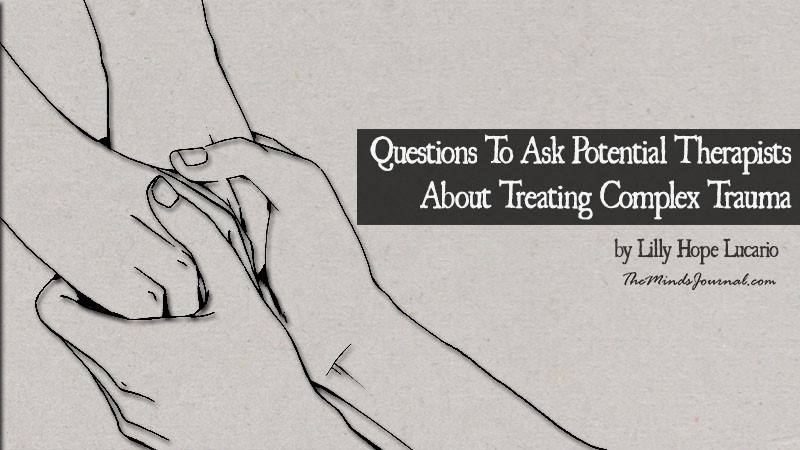







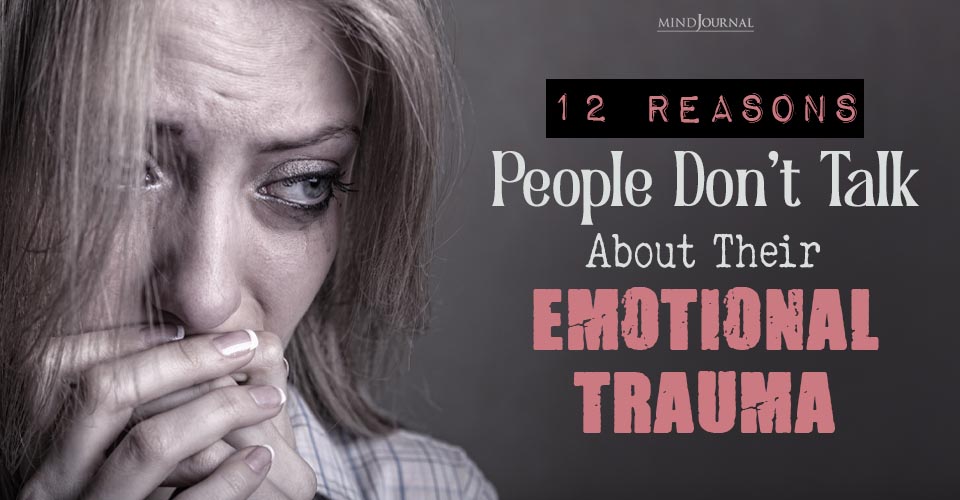




Leave a Reply
You must be logged in to post a comment.